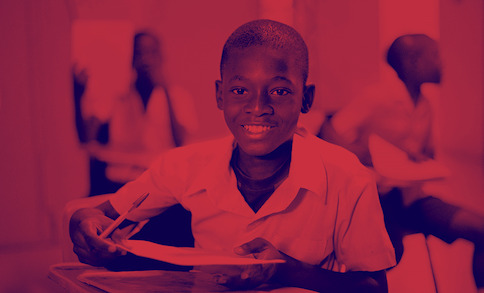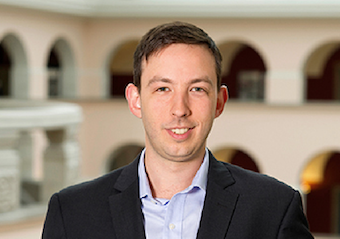

Research worldwide shows that students who do well in school tend to believe that good grades are the outcome of effort, while those who fall behind tend to believe that good grades are not the outcome of effort, but rather, of talent. While it is certainly true, on average, that students from disadvantaged backgrounds have to put in a lot more effort to achieve the same as those from better-off families, research shows that every student can improve relative to themselves by putting in more effort. Moreover, even within each income strata, beliefs about the sources of good grades (effort vs. talent) matter for academic performance; in other words, differences in mindsets create a vicious cycle: those with poor grades do not think they can improve, and stay behind.




Evidence shows that the growth mindset intervention can help students understand that “the brain is like a muscle”, that is, exercising it through study and effort can make it ‘stronger’. Indeed, in countries like the US, Norway, and Turkey, growth mindset interventions have improved adolescents’ test scores and decreased high-school dropout rates.
To obtain first-hand evidence about the channels through which such interventions could improve educational outcomes, this project undertook a large-scale field experiment in Brazil during the pandemic. For almost 850,000 public school students in São Paulo State, we replicate the online intervention undertaken in the US and Norway and also adapt it to an offline format based on weekly text messages (SMS). The SMS experiment assigns different students to a different version of the intervention to shed light on the mechanisms behind its effects on student behavior. In particular, we run a horse race between the original growth mindset intervention (‘your brain is like a muscle’) against alternative messages that emphasize (1) high returns to effort, (2) low effort costs, (3) future orientation, (4) risk-taking or (5) salience of school life. We study whether these interventions can mitigate learning losses and dropout risk during school closures and as in-person classes gradually return.
The loop: adolescent under-education, due to self-fulfilling beliefs about the relationship between effort and educational outcomes
Breaking the loop: changing adolescents mindsets through a growth mindset intervention, adapted to maximize the extent to which beliefs can be changed.
The Growth Mindset Project
A growth mindset is the belief that intellectual abilities are not fixed, but can be developed. Do students who are taught a growth mindset earn higher grades and test scores?
- StatusOngoing
- CountryBrazil
- Program areaEducation, Industry Innovation Infrastructure, Reduced Inequalities, Partnerships
- TopicsMindset, Beliefs
- PartnersState Secretary of Education of Rio de Janeiro, MGov, Sincroniza
- Timeline2018 - 2022
- Study typeRandomized Evaluation
- Sample size53,350 Students, 10,000 Parents, 800 Teachers
Research Team


Prof. Dr. Eric Bettinger
University of Stanford

Prof. Dr. Mari Rege
UiS Business School, University of Stavanger

Ana Trindade Ribeiro
Stanford University

Prof. Dr. David Yeager
University of Texas
Similar
Child Development Study
Longitudinal Study on Child Development Based on Wearable Technologies.
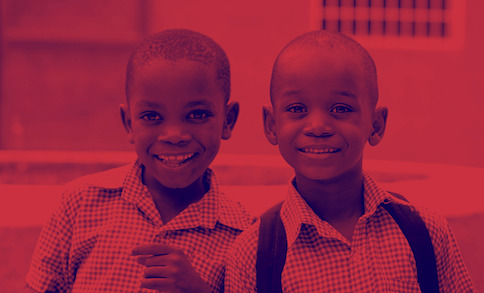
School Closures and Reopening in the Pandemic
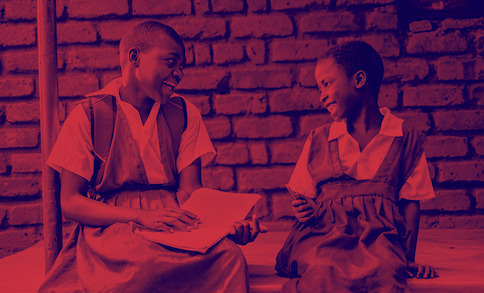
Preventing Student Dropouts in the Pandemic
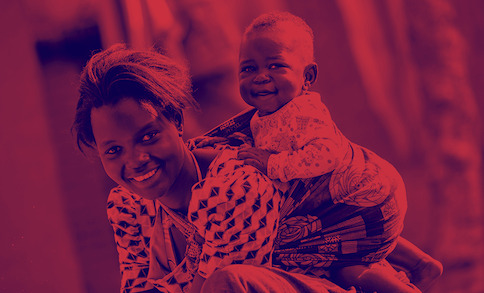
Preventive Health Care in Malawi

Sex-Selective Abortion in Armenia
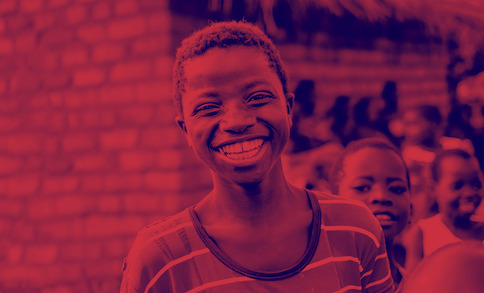
Harmful Practices against Girls in Malawi
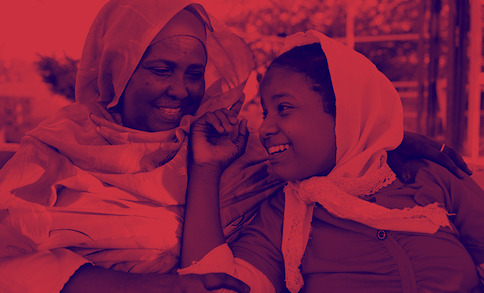
Parental Investment in Children
